Books
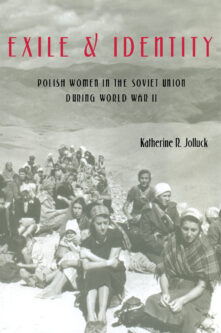
Exile and Identity
Polish Women in the Soviet Union during World War II
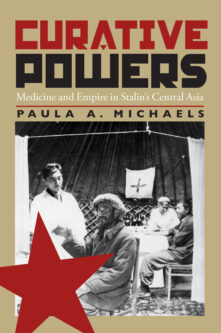
Curative Powers
Medicine and Empire in Stalin’s Central Asia
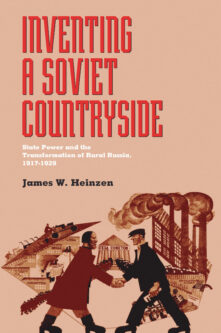
Inventing a Soviet Countryside
State Power and the Transformation of Rural Russia, 1917–1929
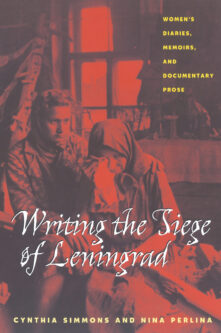
Writing the Siege of Leningrad
Womens Diaries Memoirs and Documentary Prose
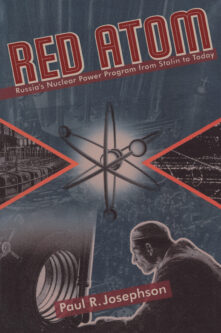
Red Atom
Russias Nuclear Power Program From Stalin To Today
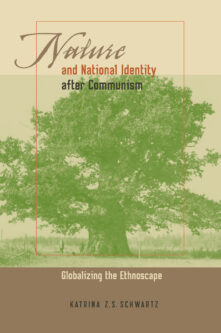
Nature and National Identity After Communism
Globalizing the Ethnoscape
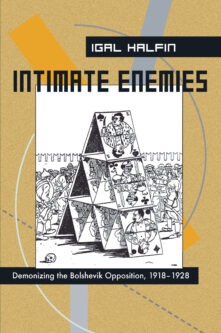
Intimate Enemies
Demonizing the Bolshevik Opposition, 1918-1928
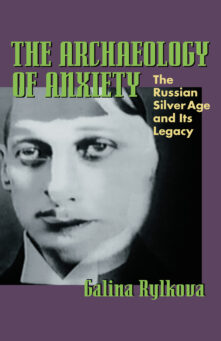
The Archaeology of Anxiety
The Russian Silver Age and its Legacy
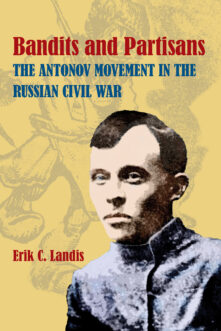
Bandits and Partisans
The Antonov Movement in the Russian Civil War
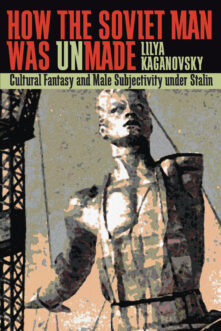
How the Soviet Man Was Unmade
Cultural Fantasy and Male Subjectivity under Stalin
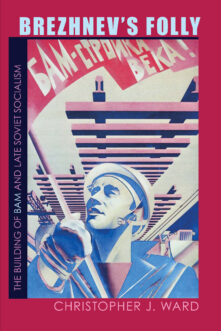
Brezhnev’s Folly
The Building of BAM and Late Soviet Socialism
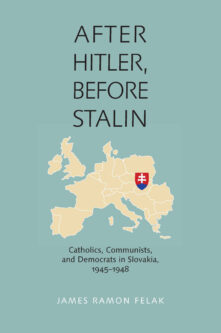
After Hitler, Before Stalin
Catholics, Communists, and Democrats in Slovakia, 1945–1948
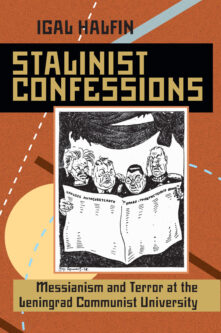
Stalinist Confessions
Messianism and Terror at the Leningrad Communist University
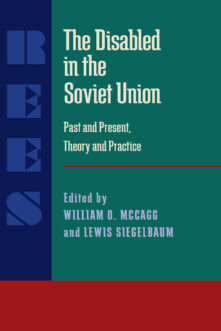
The Disabled in the Soviet Union
Past and Present, Theory and Practice
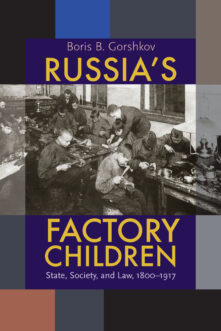
Russia’s Factory Children
State, Society, and Law, 1800–1917
Total 73 results found.

